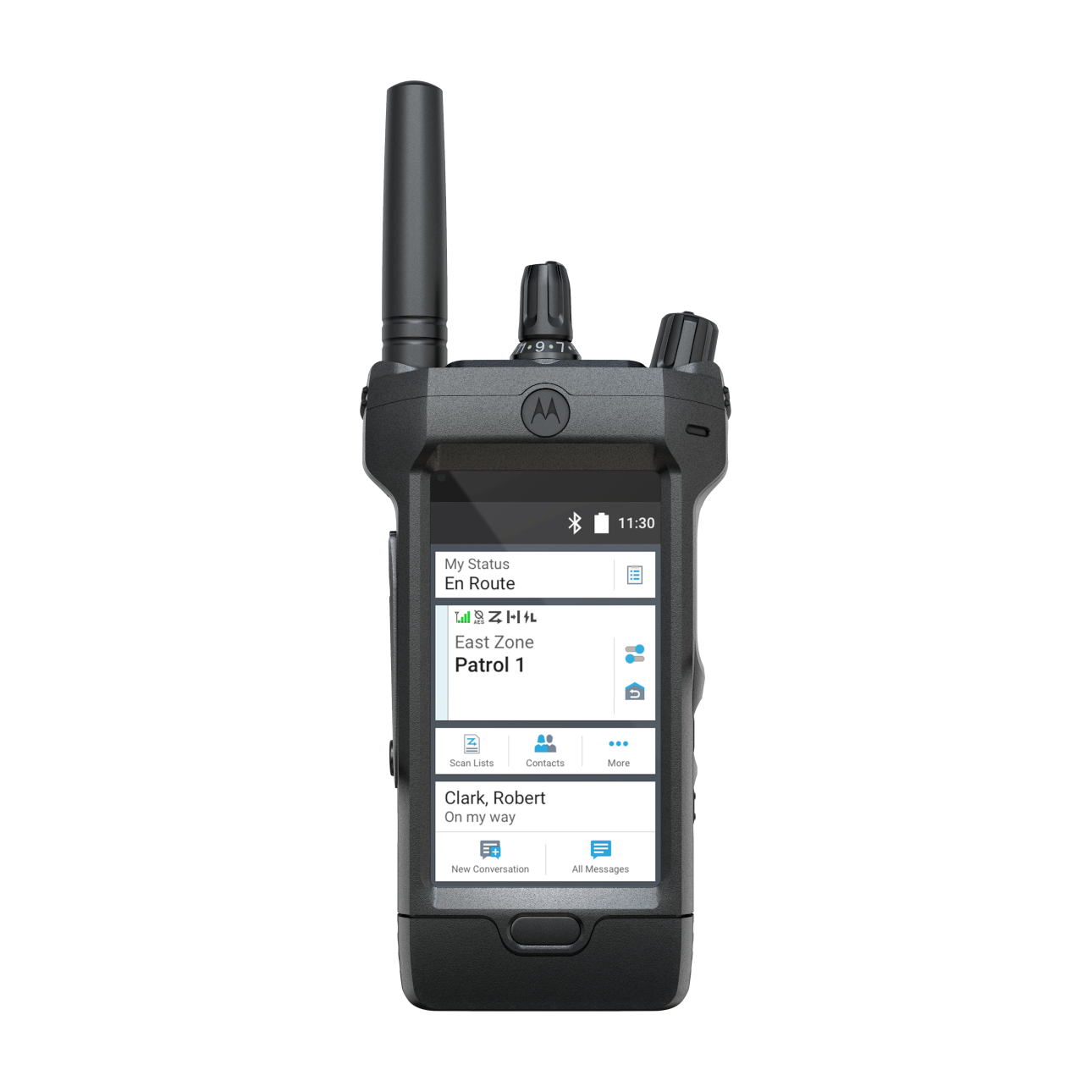" Being an LMR proponent, all this makes me queasy, or it could be my lunch. "
And honestly if that's your livelihood you really should be. And no I'm not dissing you, as I to am a proponent of LMR and it's uses, but like the dino's - old things tend to go.
And why do I say that? We'll literally every use case that LMR has, can be offset/dispelled/enhanced/ by using IP.
I mostly agree with this. You bring up some valid points. For ~most~ use cases, LTE will work just fine and provides a higher level of service/coverage than LMR can even come close to.
Issue is, putting all the eggs in someone else's basket. Not a problem for a bunch of security guards, towing company, plumbing contractor, etc. These users can get more coverage than they could ever dream of with their own systems, or even most systems provided by radio shops.
Where putting all your eggs in someone else's basket becomes an issue is with public safety.
Most large agencies have techs on call 24x7x365 that can resolve issues quickly.
When you look at an LTE carrier, you are dealing with an third party, and often a call center on the other side of the country. They claim they'll respond, but there's a difference between that and actually getting a tech on site. Once that tech gets there, you are reliant on someone who has little vested interest in the communications of a public safety agency. Chances are they'll do a good job, but if they don't, the best you can do is complain to your account manager.
You are reliant on someone else's basket that is now holding your eggs to be in good shape and not have a hole in the bottom. Generally you are not allowed to inspect said basket before putting your eggs in it. You sort of cross your fingers and hope your eggs don't fall out the bottom.
Generally AT&T has been pretty good, but they certainly have their faults and have needed to have their arm twisted to get things resolved.
Good thing is LTE and LMR can co-exist. Getting the best of both worlds for those that need it and are willing to pay for it.

 www.fiercewireless.com
www.fiercewireless.com



